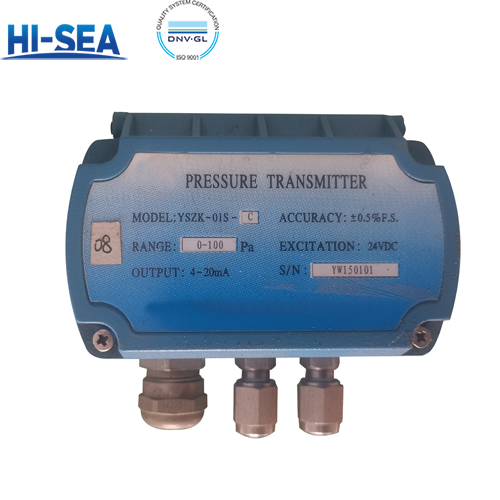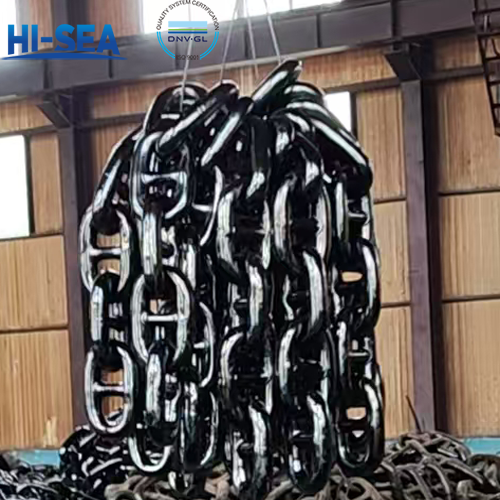
Cabin Pressure Transmitter
Cabin Pressure Transmitter is an instrument used to measure and monitor the pressure inside a ship's cabin or enclosed space. This type of pressure transmitter is crucial for maintaining a safe and comfortable environment on board, especially in pressurized or air-conditioned cabins.
Overview
Key Features:
Measurement Range:
Typically ranges from 0 to 2 bar, but can vary depending on the application and manufacturer.
Some models may offer wider ranges, such as 0 to 5 bar or 0 to 10 bar.
Accuracy:
High accuracy with an error margin as low as ±0.25% of full-scale output, depending on the model.
Output Signal:
Commonly outputs in standard industrial signals such as 4-20 mA or 0-10 VDC.
Some advanced models offer digital outputs like Modbus or HART for easier integration with ship's monitoring systems.
Temperature Compensation:
Some models include built-in temperature sensors or compensation features to ensure accurate readings despite fluctuations in temperature.
Applications:
Used in passenger cabins, control rooms, engine rooms, or any pressurized marine space where maintaining a specific atmospheric pressure is essential.
Can also be integrated into HVAC (Heating, Ventilation, and Air Conditioning) systems for automated pressure control.
Mounting and Installation:
Often designed for easy mounting on walls or ceilings of the cabin.
Some versions are supplied with mounting brackets or adapters for ease of integration.





